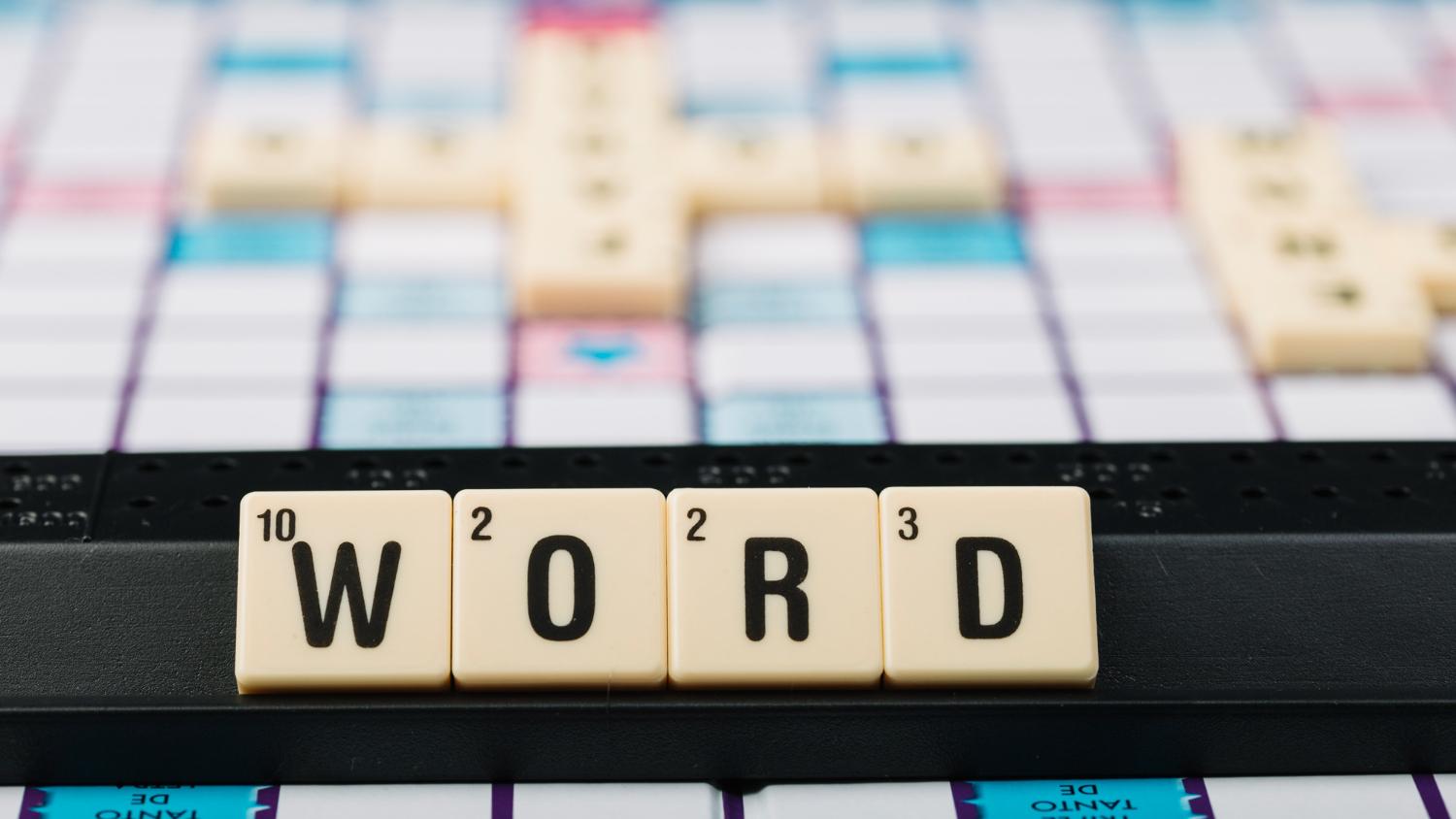A word generator is a useful tool for anyone looking to create words quickly and easily. Whether it’s for games like Scrabble and Words with Friends or for writing and brainstorming, these generators can provide a variety of words based on specific needs. This tool allows users to enter letters or choose parameters like word length and type to produce relevant results.
Many people face challenges when trying to come up with creative words or find words with specific letters. Word generator help solve this problem by generating lists of possible words, making it easier to play word games or enhance writing. The simplicity and effectiveness of these tools have made them popular among players and writers alike.
With different types of word generators available, users can customize their searches to get the most suitable words for their activities. From random word creation to specific letter combinations, a word generator can be a game changer in many contexts.
Understanding Word Generators
Word generators are tools that create a variety of words based on certain inputs. They cater to different needs such as games, education, and creative writing. This section covers the types of word generators available and their common applications.
Types of Word Generators
There are various types of word generators, each serving a specific purpose. Some common types include:
- Random Word Generators: These tools create words without any specific constraints. Users can generate random words for brainstorming or writing prompts.
- Scrabble and WWF Generators: Designed for word games like Scrabble or Words With Friends, these generators help players find possible words from given letters.
- Theme-Based Generators: These allow users to create words related to a specific topic or theme, which is helpful in educational settings and creative writing.
- Length and Letter-Based Generators: Users specify criteria such as word length or starting and ending letters. This customization helps meet specific requirements in various activities.
Applications and Uses
Word generators have a wide range of applications across different fields:
- Educational Use: Teachers utilize word generators to create vocabulary exercises, helping students learn new words and improve language skills.
- Writing Prompts: Authors and poets often rely on these tools to inspire creativity. Random words can spark ideas for stories or poetry.
- Word Games: Players use word generators to find possible combinations of letters, increasing their chances of winning in games like Scrabble.
- Content Creation: Marketers and bloggers may use word generators to brainstorm catchy phrases or headlines for their content.
In addition, these tools can enhance creativity and problem-solving skills in various environments. Their versatility makes them valuable assets for anyone looking to explore language in new ways.
Design Principles of Word Generators
Pictionary Word generators rely on key design principles that enhance their functionality. Two main aspects include balancing randomness with predictability and integrating a robust lexical database. These principles ensure that the generators provide useful and engaging outputs for users.
Randomness and Predictability
Randomness is essential for creating varied outputs in word generators. This feature allows users to generate unique combinations and inspires creativity. It gives a fresh approach to brainstorming ideas or solving puzzles.
At the same time, some level of predictability enhances user experience. Users benefit from familiar patterns or categories. This balance helps them focus their thoughts while still enjoying the surprise element of random generation.
A good word generator might apply algorithms that weigh randomness against known preferences or trends. As a result, it delivers surprises that still feel relevant and useful.
Lexical Database Integration
The effectiveness of a word generator largely depends on the lexical database integration. A comprehensive database includes nouns, verbs, adjectives, and more. This variety broadens the generator’s usefulness.
Additionally, the database must be up-to-date and relevant. New words and phrases reflect language trends and shifts. This ensures that the outputs are not only accurate but also contemporary.
User experience improves when the database allows for customizable settings. Users can select specific types of words to generate. This feature caters to varied needs, from creative writing to academic projects. A well-integrated lexical database is a cornerstone of efficient word generators.
Algorithmic Approaches
Various algorithmic methods are used in word generators to create text and pseudowords effectively. Two of the main approaches are Markov Chain Models and Machine Learning Techniques, each with its unique strengths and applications.
Markov Chain Models
Markov Chain Models generate text based on probability. They analyze a given set of words or phrases and then predict the next word based on the current word.
- States and Transitions: In this model, each word acts as a state. The transitions between words have assigned probabilities.
- Generating New Words: To create new sequences, the model starts with an initial word and selects the next word based on the defined probabilities.
- Simplicity: This approach is straightforward and requires minimal data. However, it may lack coherence in longer texts since it does not consider context beyond the current word.
Machine Learning Techniques
Machine Learning Techniques utilize algorithms that learn from data to improve word generation.
- Neural Networks: These models, especially Recurrent Neural Networks (RNNs), excel at understanding context over longer sequences. They can generate more coherent and creative outputs.
- Training on Large Datasets: The models are trained on vast amounts of text data. This training allows them to learn patterns in words and phrases effectively.
- Fine-Tuning: They can be fine-tuned for specific tasks, such as creating poetry or mimicking a particular writing style, enhancing their versatility and usability in different applications.
Challenges and Limitations
Using a word generator can present several challenges and limitations.
1. Contextual Understanding
Word generators often lack the ability to understand the context of usage. Words generated may not fit the intended meaning in a sentence.
2. Quality of Output
Not all word generators produce high-quality results. Some may generate words that are rarely used or unrelated to the desired topic, leading to confusion.
3. Variety of Styles
Many generators may not cater to different writing styles. This limits the user’s ability to adjust the output to match their tone or specific audience needs.
4. Reliance on Algorithms
Generators depend on algorithms and databases. This may result in repetitive or overused words, which can hinder creativity.
5. Lack of Personal Touch
Using a generator might remove the unique voice of the writer. Personal styles and insights often get lost when relying heavily on automated tools.
6. Accessibility Issues
Some word generators require internet access or may have limitations on free usage. This can restrict their availability for those who need them most.
7. Language Limitations
While many generators focus on English, they may struggle with other languages or dialects, limiting their usefulness for multilingual users.













